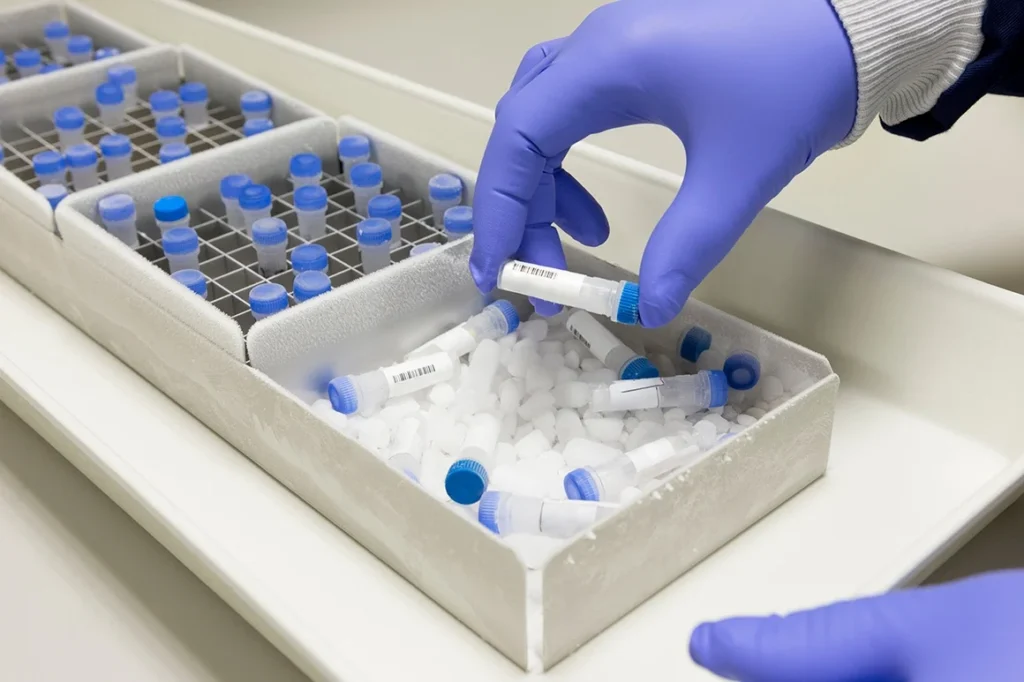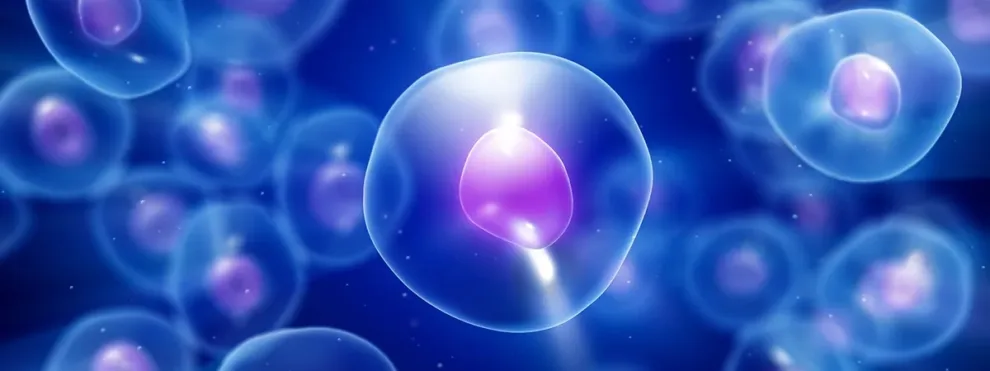Fluorescence-activated cell sorting (FACS) is a powerful technique for obtaining a relatively pure cell population for downstream applications. This technique uses fluorescently labelled antibodies to stain cells that express specific markers, and these stained cells can be sorted into separate subsets using a cell sorter and can even be separated into individual cells. FACS is especially useful for gene expression analysis of individual cells or pure cell populations.
Consider these factors if you plan to combine FACS and downstream gene expression analysis.
- How many cells? A successful FACS run for gene expression analysis usually requires that you start with a large number of cells. If you have too few cells, your data may be unreliable or underpowered. Determine the frequency of your cell subset of interest in order to calculate how many cells are needed for FACS and downstream applications.
- What is the state of your cell population? Gene expression analysis is critical for understanding how different disease processes alter cells or how therapeutic molecules can reverse this process. When designing a FACS/gene expression protocol, be sure to include control samples as well as cells that are associated with disease states or treated with therapeutic molecules.

- How do staining conditions affect the state of your cells? FACS staining protocols may include buffers and other reagents that alter the state of your cells, which can result in unreliable gene expression data. If you are isolating RNA from sorted cells, specialized staining conditions may be needed to assure RNA is not destroyed. Consider testing different FACS protocols to assure that cells are not significantly affected by staining or sorting procedures.
- Fresh or frozen cells? Ideally, fresh cell samples are used for FACS and gene expression studies, but sometimes logistical challenges make this option impossible. Compare fresh and frozen cells in a pilot experiment to determine how freezing may alter FACS outcomes or gene expression.

Single cell gene expression analysis is revolutionizing our understanding of the immune system and how immunotherapeutic molecules work. Be sure to optimize your protocols to get the most out of your next FACS run.

